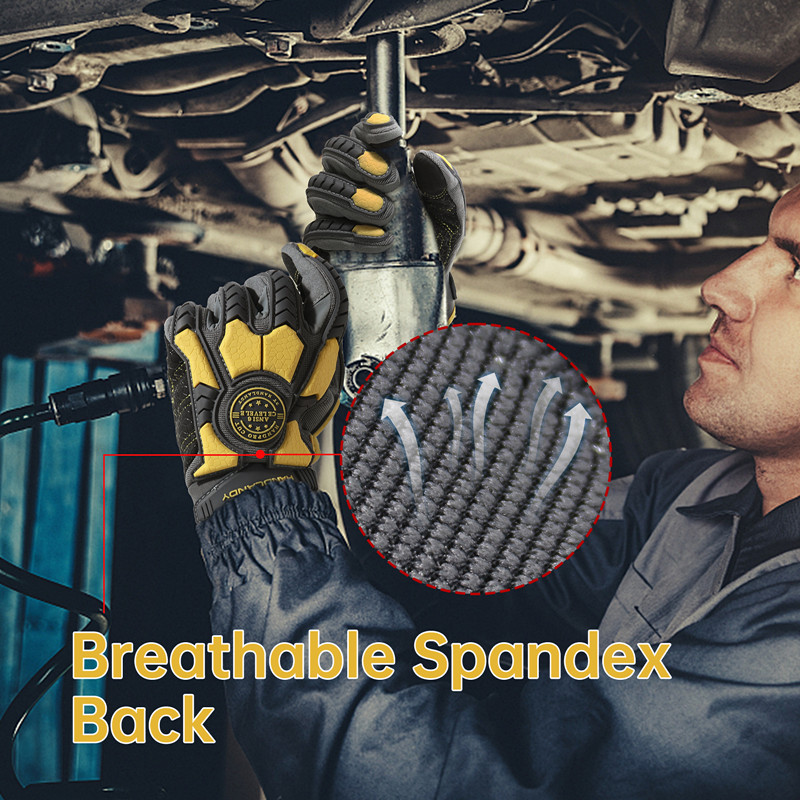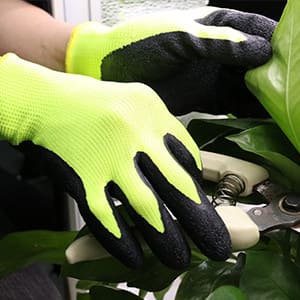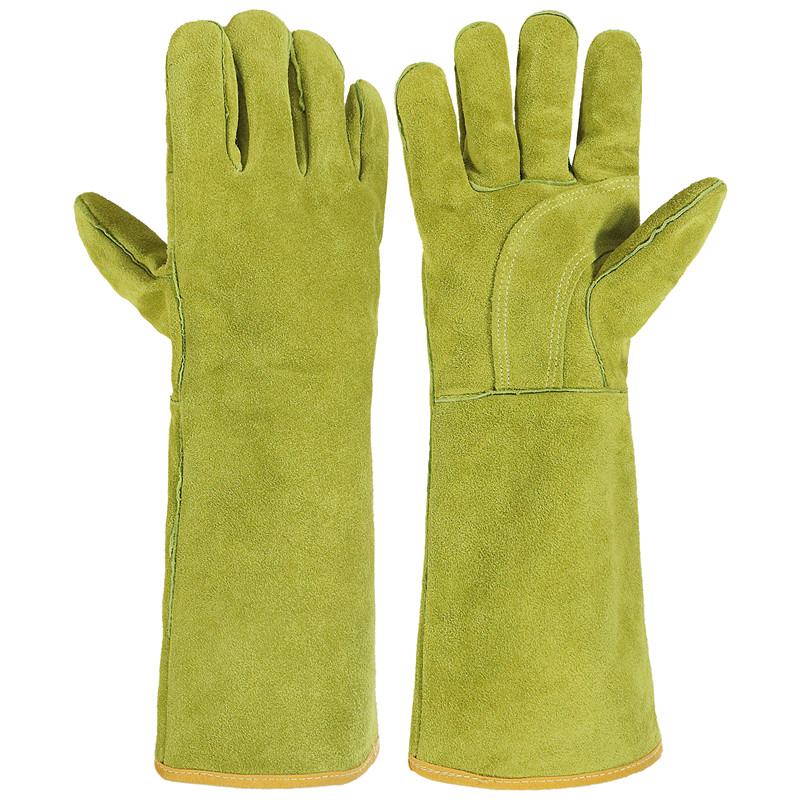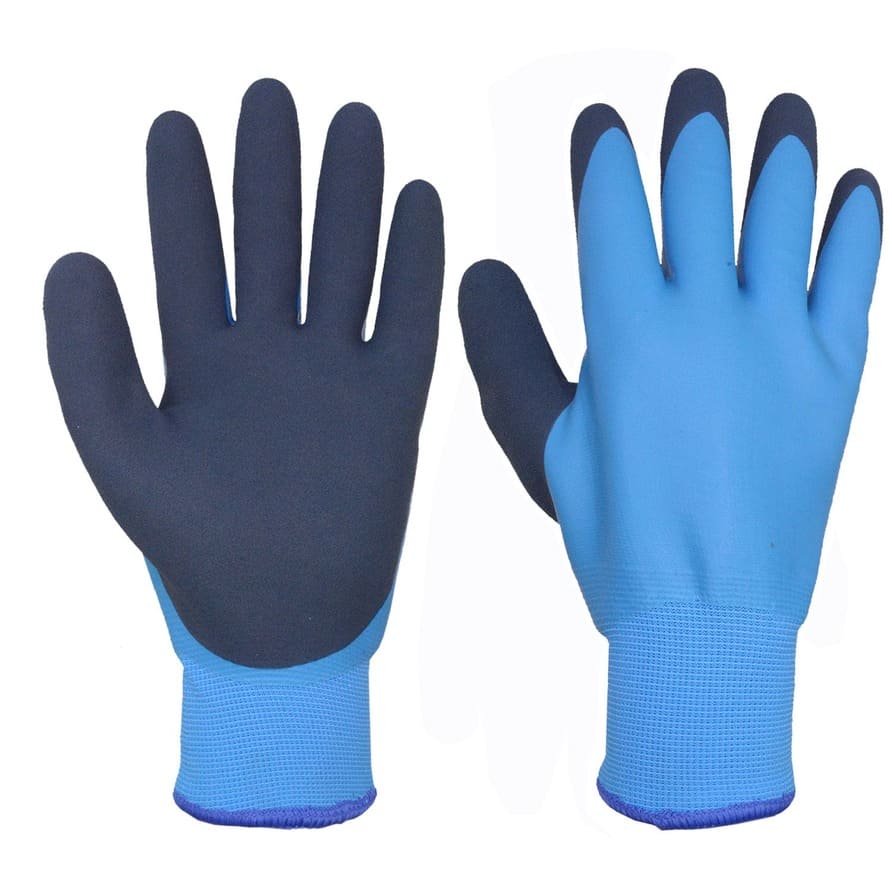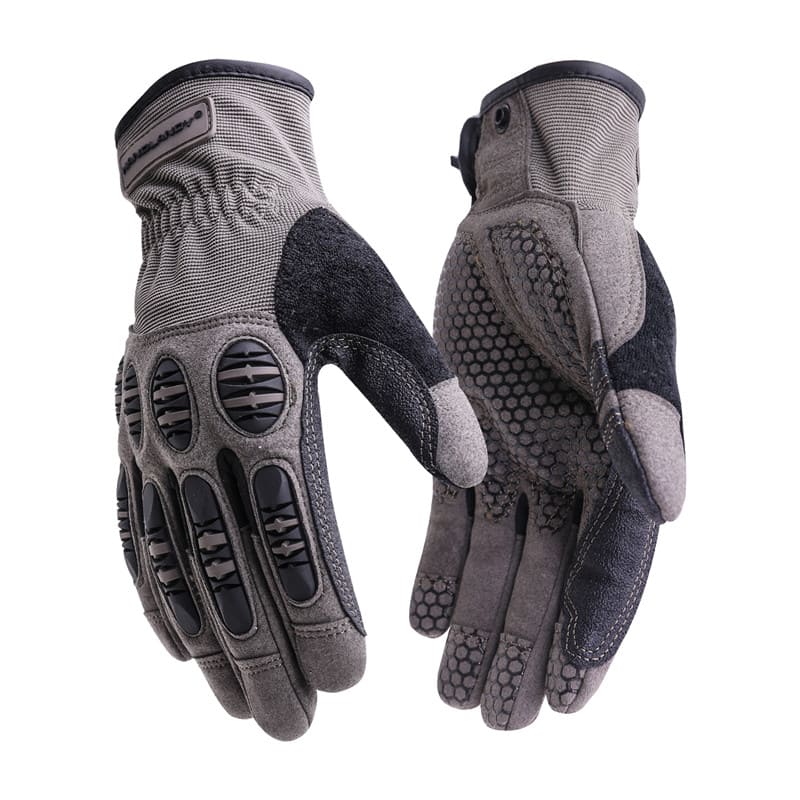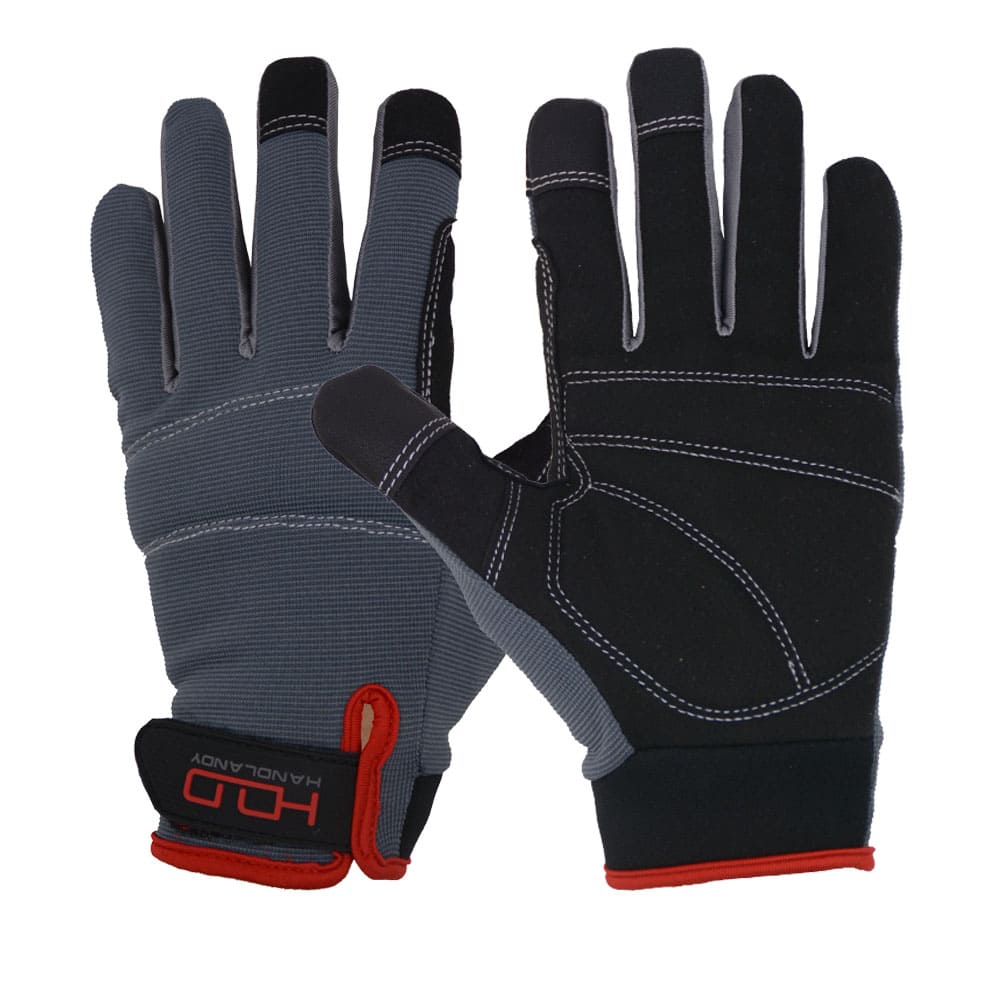Heavy-duty gloves protect your hands from serious injuries like cuts, punctures, burns, chemical exposure, and extreme temperatures.
With over 20 years of experience manufacturing and selling gloves, I’ve seen how choosing the right heavy-duty gloves dramatically improves safety and productivity in various work environments. Here’s a clear, practical breakdown of their main uses.
1. Construction & Industrial Work

Heavy-duty gloves are essential for construction and industrial jobs, where workers often handle sharp tools, heavy equipment, or abrasive materials.
- Common hazards: Cuts, scrapes, punctures
- Recommended materials: Leather, synthetic blends with reinforced palms
2. Mechanical & Automotive Tasks

Mechanics and technicians rely on heavy-duty gloves to safely handle oily, greasy parts and sharp tools.
- Common hazards: Oil exposure, sharp metal edges, abrasions
- Recommended materials: Synthetic gloves with nitrile or silicone coatings for grip and oil resistance
3. Chemical Handling & Lab Work
Chemical-resistant gloves are crucial in environments with hazardous chemicals or solvents.
- Common hazards: Chemical burns, skin irritation, toxic exposure
- Recommended materials: Nitrile, neoprene, or heavy-duty rubber gloves
4. Gardening & Landscaping

Outdoor tasks like gardening require gloves that resist punctures from thorns, branches, and sharp debris.
- Common hazards: Cuts, insect bites, punctures
- Recommended materials: Leather gloves with reinforced palms and fingertips
5. Electrical Work
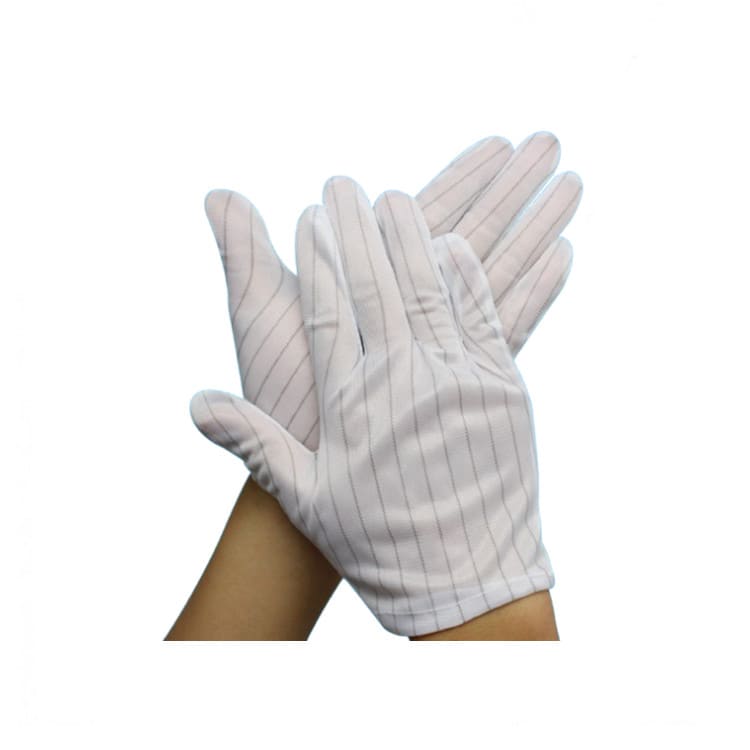
Electricians need insulated gloves to protect against electric shocks and burns.
- Common hazards: Electrical shock, burns
- Recommended materials: Specialized rubber gloves meeting electrical safety standards (ASTM standards)
6. Food Processing & Commercial Kitchens
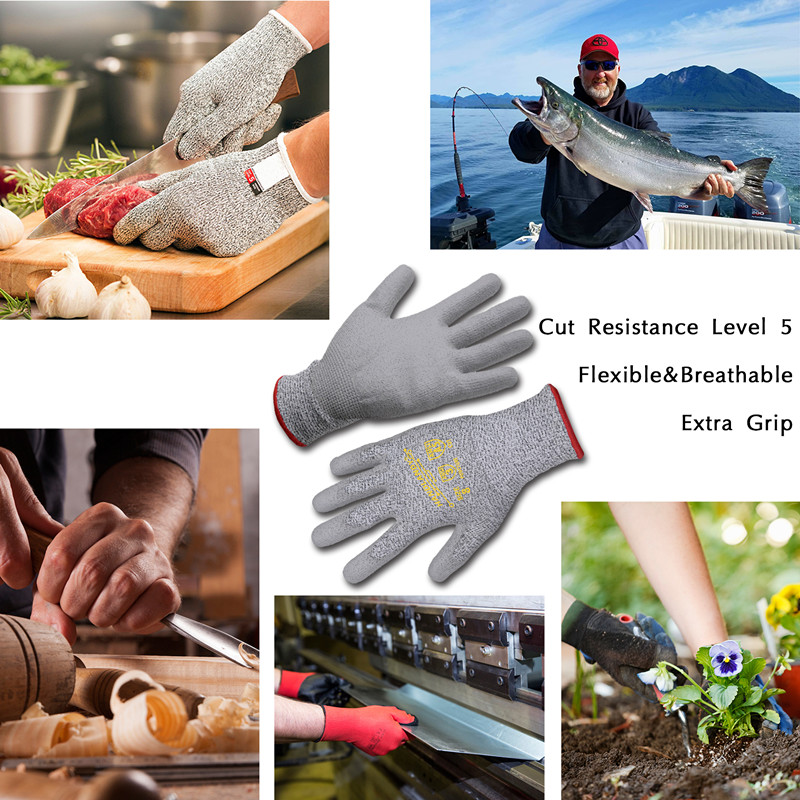
Heavy-duty gloves protect workers handling sharp tools or operating machinery, maintaining hygiene and safety standards.
- Common hazards: Knife cuts, contamination, heat exposure
- Recommended materials: Food-grade cut-resistant gloves, heat-resistant gloves
7. Cold Storage & Winter Outdoor Activities
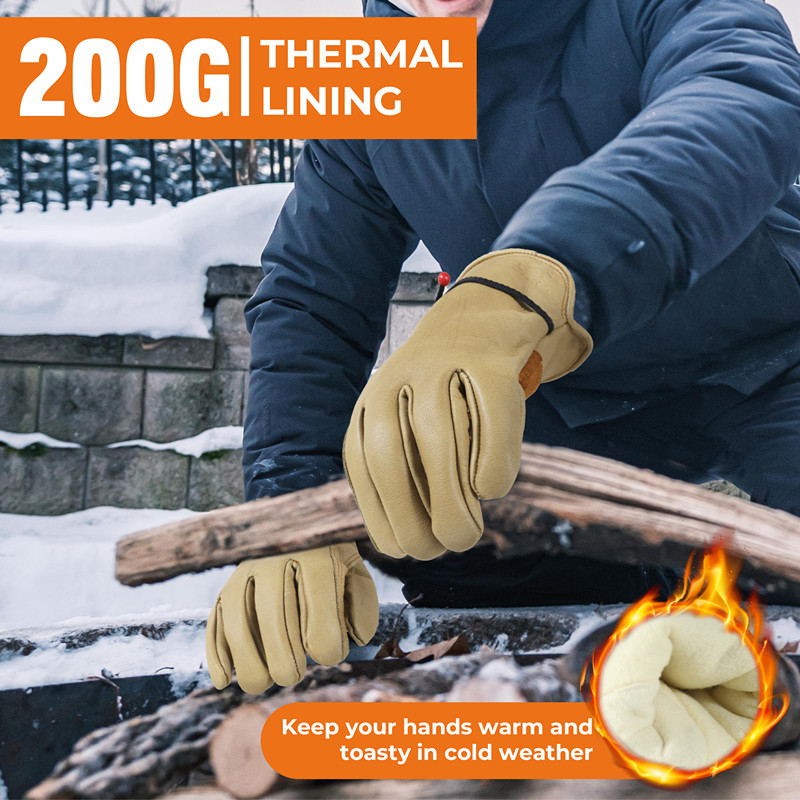
Workers in cold environments or outdoor conditions require gloves that keep hands warm and maintain dexterity.
- Common hazards: Frostbite, reduced dexterity, extreme cold exposure
- Recommended materials: Insulated gloves with waterproof membranes
Quick Reference Table
| Activity | Recommended Gloves | Primary Protection |
|---|---|---|
| Construction | Leather/Synthetic reinforced gloves | Cuts, Abrasions |
| Automotive | Nitrile-coated synthetic gloves | Oil, Sharp Edges |
| Chemicals/Labs | Nitrile/Neoprene gloves | Chemicals |
| Gardening | Leather gloves | Punctures, Cuts |
| Electrical Work | Insulated rubber gloves | Electric Shock |
| Food Processing | Cut-resistant food-grade gloves | Cuts, Contamination |
| Cold Environments | Insulated waterproof gloves | Cold Exposure |
How to Choose the Right Heavy-Duty Gloves?
- Identify the specific hazards you face at work.
- Choose gloves with materials designed to protect against these hazards.
- Prioritize comfort and fit, ensuring gloves don’t restrict movement or dexterity.
Expert Tip (20+ Years of Experience)
Always inspect your heavy-duty gloves regularly. Replace them immediately if damaged or worn out to maintain full protection.
Conclusion
Heavy-duty gloves provide critical protection across various tasks—from construction to chemical handling. Selecting the right gloves based on your specific risks ensures safety, comfort, and productivity.
Need help picking the best heavy-duty gloves for your needs? Leave a comment below—I’m happy to assist!

